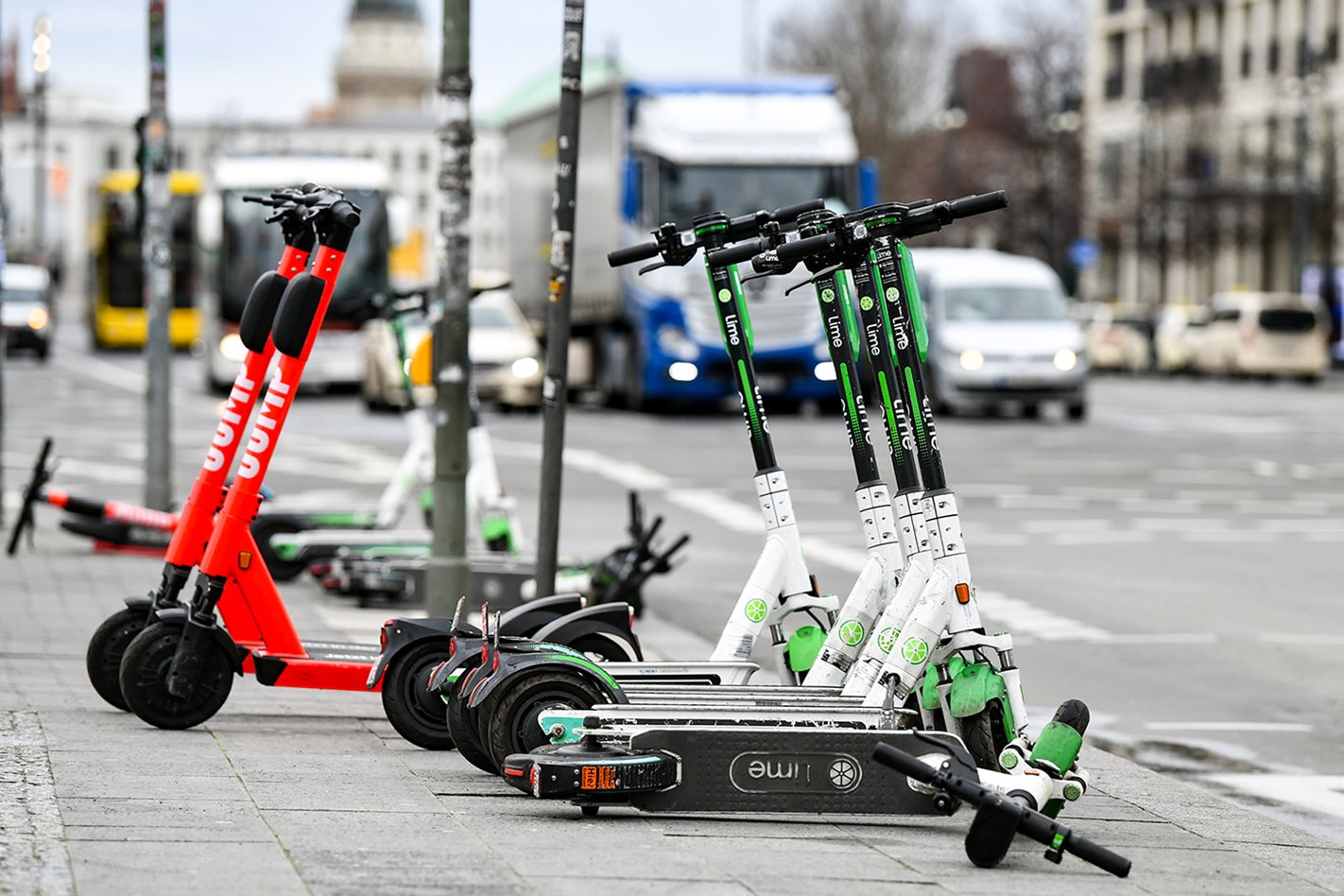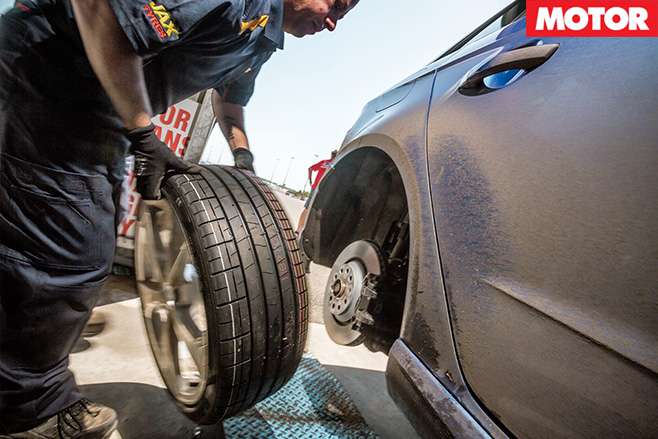A transportation phenomenon I do not understand is the resentment towards the bicycle-sharing schemes that have, well, littered our cities for the past few years. Fleets of bicycles of various bright colours have been regularly vandalised and hurled into lakes and rivers and all manner of other imaginative locations.
What’s really strange is that this seems usually to be the work of younger, inner-city, self-proclaimed ‘progressive’ types. I’d have thought that hating not only bicycles, but shared bicycles – non-polluting, planet-saving, introducing you to other people’s butt-sweat – is an unforgivable deviation from their script. The punishment is death by social media.
I may be wrong, and it’s actually 55-year-old managing directors pulling up in 5 Series and SUV-driving mums detouring from the private school pick-up to sling a few orange treadlies into a tree. But I don’t think so.
Anyway, I’ve been reading about similar problems that are blighting Paris, where shared mobility has been a part of the culture since the Vélib’ bicycle scheme (with its triggering apostrophe) was introduced in 2007. In 2011, it extended to Autolib’, a fleet of 4000 stainless-steel-bodied EVs that smelled (and even looked) like public pissoirs. Both these schemes were run by private operators, backed by the City of Paris.
Autolib’ went bust in 2018, the scheme being sadly under-utilised, and with detractors claiming that they merely added to the traffic. The collapse came just a few months after Vélib’ narrowly survived a death-wobble during a change in operators.
Vélib’ is already being superseded to some extent by electric scooters – the stand-up, kick-along kind – of which there are said to be more than 15,000 in Paris. These privately run scooter schemes are app based, like the bicycle schemes here, which means the scooters can be collected (or left) pretty much anywhere.
That’s not always a good thing, but even the Vélib’s docking-station model has inherent parking problems, with peak-hour tidal movements often leaving either no bikes, or no parking.
France, Germany and Switzerland are among the countries that have embraced the electric scooters. But with some of the devices capable of better than 50km/h, and after some fatal collisions with vehicles and pedestrians, France has finally decided to mettre le holà and introduce a bunch of restrictions on their use.
These measures include banning them from footpaths, except in designated areas; using cycle paths where available, and when on roads, travelling only in the direction of traffic; and prohibiting riders from wearing headphones, using mobile phones … or carrying passengers! From July 2020, their speed will be capped at 25km/h.
What I most love about all this is just witnessing the evolution of personal mobility. I lived in Paris from 2000 to 2004 and the experience changed the way I look at getting around. In the space of a typical week, I’d drive a car, catch the Metro, walk, ride a push-scooter, ride my motor scooter, and probably catch a taxi. You use whatever meets your mobility needs for that day.
I’d come from a country where nobody thought twice about firing up a 4.0-litre, four-speed auto family wagon to drive 800 metres.
I was in Paris when the Segway was announced. I thought (hoped) it would revolutionise our cities, in the way the automobile had done. And I was no less excited (until I rode one) about the BMW C1, the motor scooter with a roof and seatbelts. I first drove a smart car in Paris at around the same time, and quickly learned that, when a delivery van stops to unload in front of you, you’re no smarter than any other car.
So I’m excitedly watching this whole, no-holds-barred freakshow of electric-powered personal mobility devices as it rolls out: egg-shaped leaning trikes, enclosed semi-standing wheelchairs, streamlined Segways, whatever. I’m all in favour of them spreading to the roads. And for anyone who might think it completely irresponsible to advocate road vehicles that are slow, vulnerable and entirely lacking in passive-safety protection, I invite you to throw some bicycles into a river.





